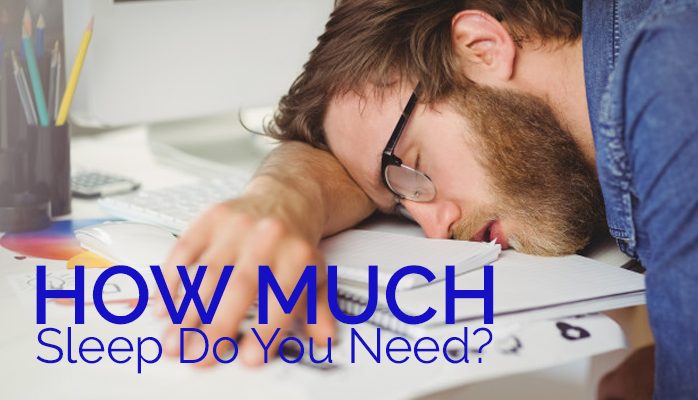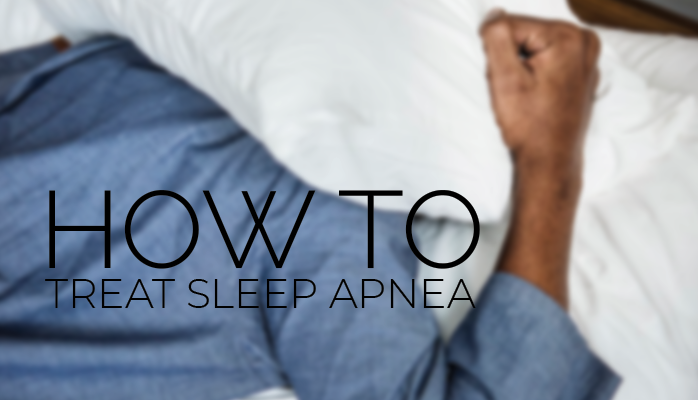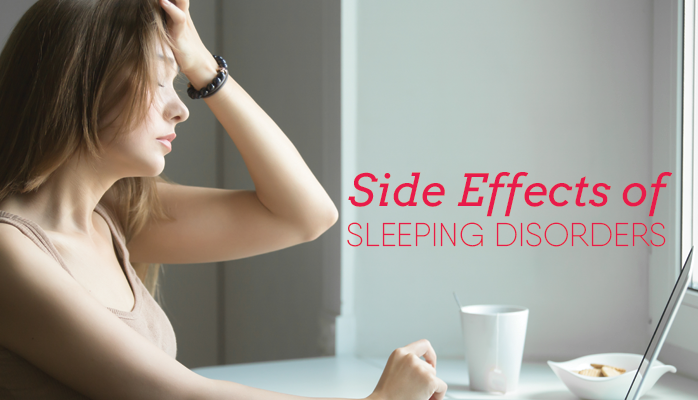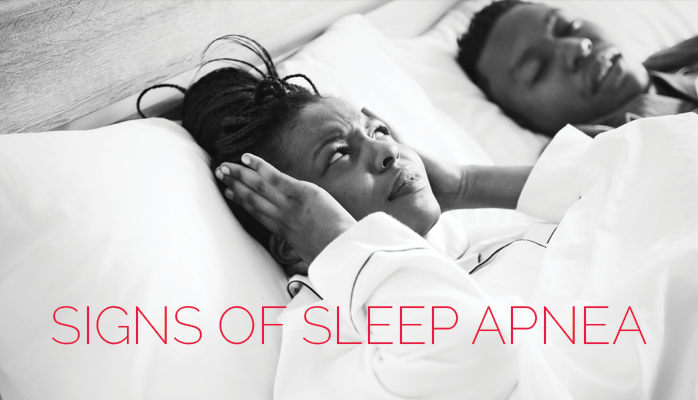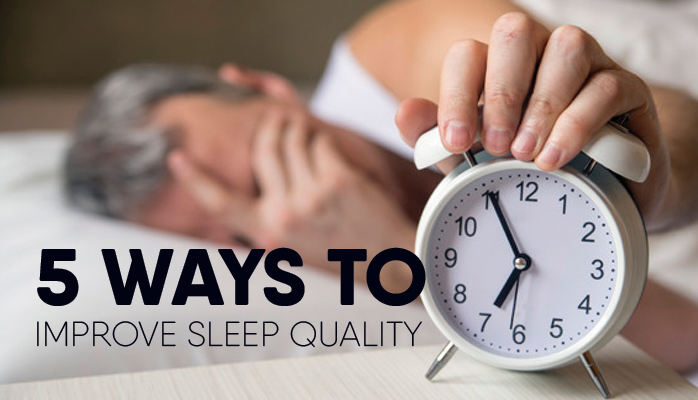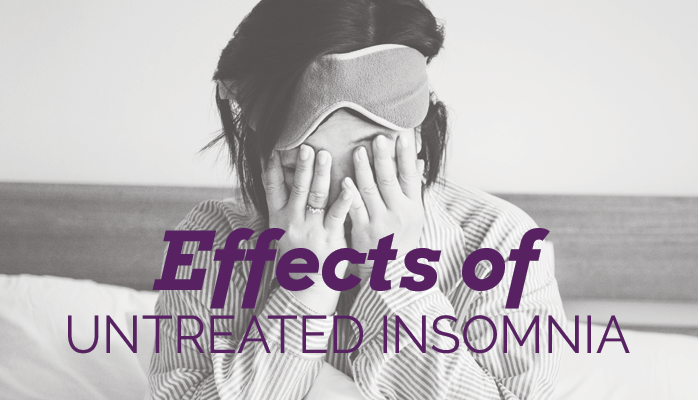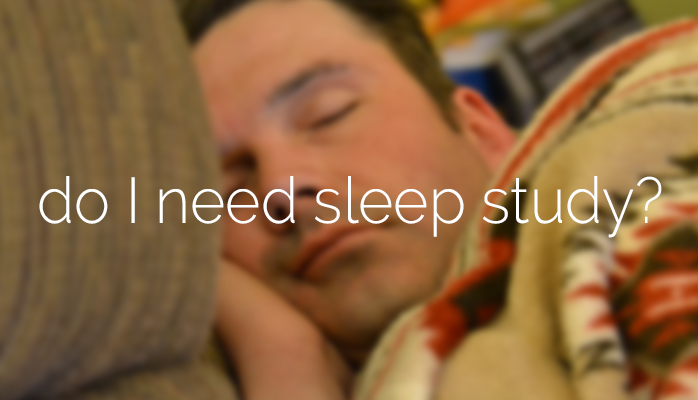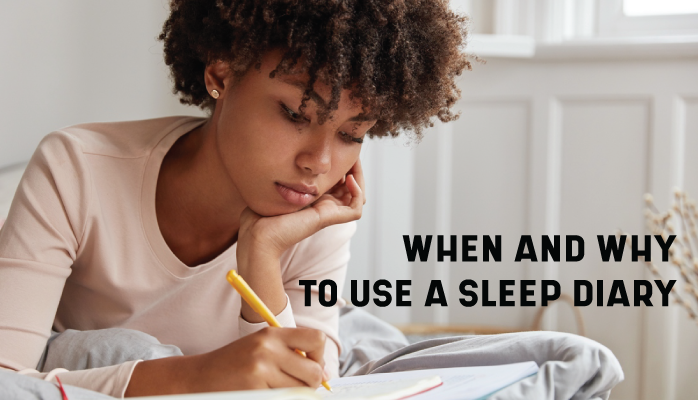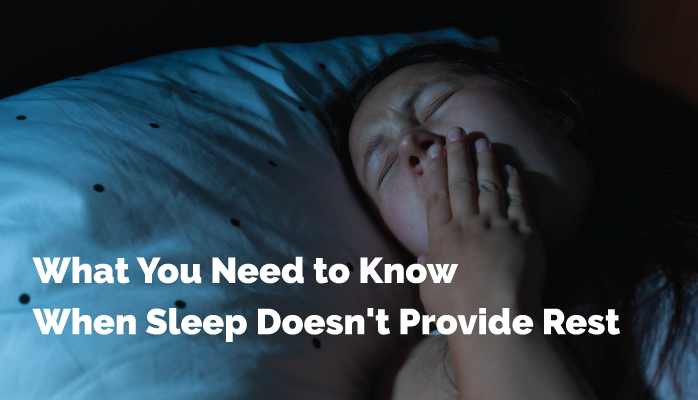Signs That I Need a Sleep Study
For many of us, the idea of having a sleep study is an exotic “wouldn’t that be interesting?” kind of thing. However, countless examples of recent research on the importance of sleep are bringing sleep studies into the mainstream. I personally know several people whose lives have been changed by sleep studies. Sleep quality is critical for everything, from peak athlete performance to heart health to brain health.
However, sleep time does not always equate to sleep quality. There are numerous signs that you might need a sleep study, regardless of what time you go to bed and wake up. Some signs that your sleep quality is poor are:
-
Excessive daytime sleepiness
-
Unexplainable, consistent malaise and fatigue
-
Daily irritation, anxiety, or mood swings for no clear reason
-
Difficult concentrating, such as “brain fog”, or cognitive impairment
-
Decreased sex drive
-
Poor performance at work (regardless of the occupation, as sleep affects performance at every output)
-
Stress without a clear reason
-
Obesity without clear reason
-
High blood pressure
-
Heart disease
-
Heart attack
-
Irregular heart beat
-
Diabetes
-
Morning headaches
In other words, if you have generally been feeling down and out for no clear reason, it might be time to do a sleep study. Quality sleep means you are there for your spouse, family, and friends. They want the happy you, not the crabby, tired you.

